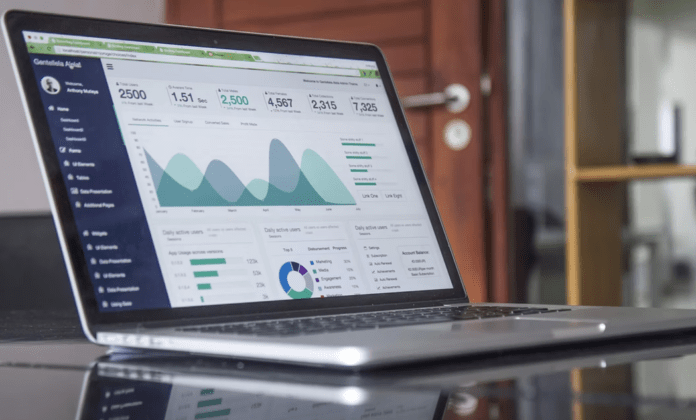
Everyone knows that it can be difficult to save money. In reality, life comes with an endless supply of expenses and responsibilities that gobble up any money one might have saved for emergencies. However, you should not let those pesky day-to-day expenses trick you into thinking you’ll never reach your savings goals — instead, build your savings gradually and stay motivated by considering the following types and benefits of having a savings account:
Types of savings accounts
CD Accounts
Certificate of deposit accounts (CD) typically have a fixed term that ranges from one month to five years. If you make any withdrawals before the term ends, you may face a penalty fee. The interest rate you earn on your CD is typically higher than that of a standard savings account; however, the tradeoff for this premium rate is an inability to access your money for distribution until the end of the term. Because CDs are available at banks and credit unions and come in various maturities, those with very short-term savings goals can purchase a one-year CD, while those with long-term savings needs can buy a five-year CD to receive more interest through time.
Money Market Accounts
A money market account, like a CD, is FDIC-insured up to $250,000 per person. The account has a preset rate of interest that remains in effect until you choose to change it, and there is an upper limit on how much you can deposit into the account. These accounts typically allow you to make withdrawals without penalty, but the number of withdrawals you can make without penalty or service fees will vary depending on which bank or credit union you opened your account with.
Savings Bonds
Savings bonds are considered part of your emergency fund because it can take a while for the bond to mature and earn interest. You should only purchase savings bonds if you know that you will be able to take advantage of them when they reach maturity. Otherwise, the money would have been better off in a more liquid account that earns interest immediately rather than gradually over time.
Benefits of having a savings account
Accessibility
The safety of having access to your funds is one benefit of opening a savings account. Unlike a CD or other savings account, depositing funds into a savings account is simple and easy to do online or at one of your financial institution’s branches. Also, with most accounts, funds can be withdrawn quickly by ATMs or through a checkbook, making it easy to withdraw funds when necessary.

Protection From Unexpected Emergencies
With a savings account, you have access to your money in an emergency. Whether you need access to these funds for unexpected medical bills or an auto repair, you can quickly and easily withdraw the money from your savings without jumping through hoops.
Opportunity for Compound Interest
Another benefit of a savings account is that it offers the opportunity to earn compound interest. Your savings will grow as the amount left in your account earns interest over time.
Peace of Mind
A savings account can also offer you peace of mind, knowing that you can have access to money if an emergency arises. Having enough money to pay for unexpected expenses will help prevent stress and anxiety in times of need — this is an added benefit!
Building Credit
One of the great things about a savings account is that it will help you build credit. By opening a savings account, you’ll establish an open account with your financial institution. You can start building your credit history responsibly and timely without any cost to yourself.
Savings accounts come with perks, such as low or no minimum balance requirements or offer higher interest rates. There are a few different types of savings accounts for you to choose from (including CD accounts, money market accounts, and savings bonds) to make your savings goals easier and more achievable.



